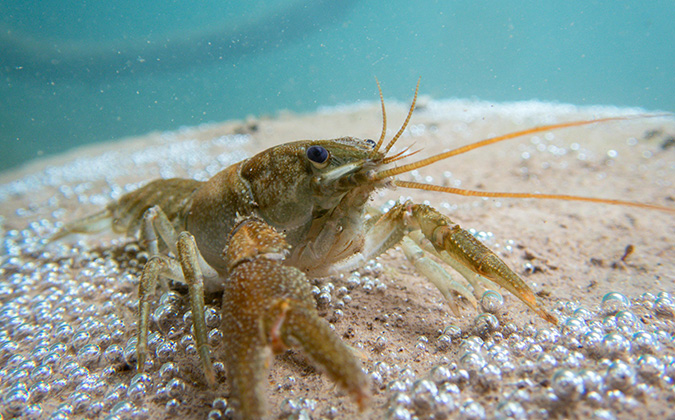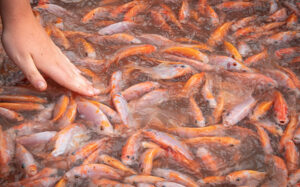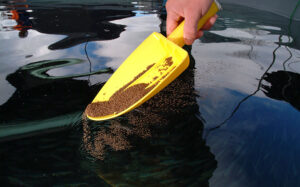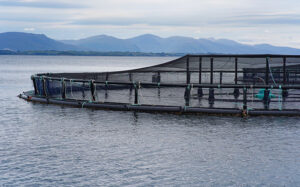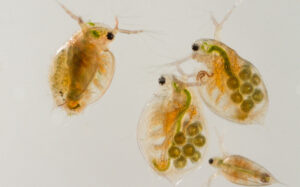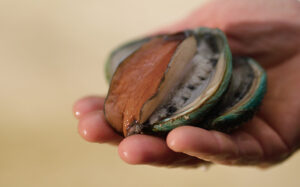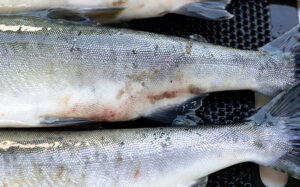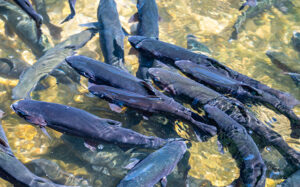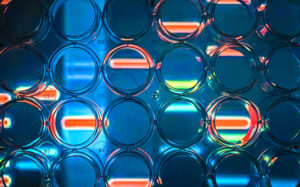Sound Science
Probiotics help tilapia grow and fight disease, say scientists
Feeding Nile tilapia probiotics leads to improved health and performance, according to work analyzing research to date.
One pathogen strain seems the main culprit in damaging salmonid disease
A distinct strain of the main fungus-like pathogen which causes saprolegniosis — thought to be responsible for around 10% of economic losses in the salmonid industry — looks likely to be responsible for the majority of outbreaks of the disease on Atlantic salmon fish farms.
Fishmeal substitute made from zooplankton could boost tilapia growth and health
A feed made from the zooplankton daphnia boosted growth rates of red tilapia fry when used as a partial replacement for fishmeal, but too much daphnia had the opposite effect.
Mollusk farms must prepare for more disease under climate change
Warmer seawater is creating perfect conditions for many mollusk pathogens to thrive, scientists have warned.
Research highlights risks of thermal delousing treatments for unhealthy salmon
Thermal sea lice treatments do not appear to cause increases in pathogens which threaten farmed salmon, but the risk of stress-related mortalities means that fish already suffering from disease should not undergo thermal sea lice treatments, according to Institute of Aquaculture researchers.
Yeast could aid shift away from fish-based diets in rainbow trout aquaculture
Torula yeast could be a promising option for inclusion in non-fishmeal feeds, with scientists finding links to production and immune improvements in a study using rainbow trout.
Advanced genomics data could spark breeding revolution in European aquaculture
New genomics data on six commercially important fish species in Europe could have major implications for breeding programs, but there is work still to be done to realize the benefits.

